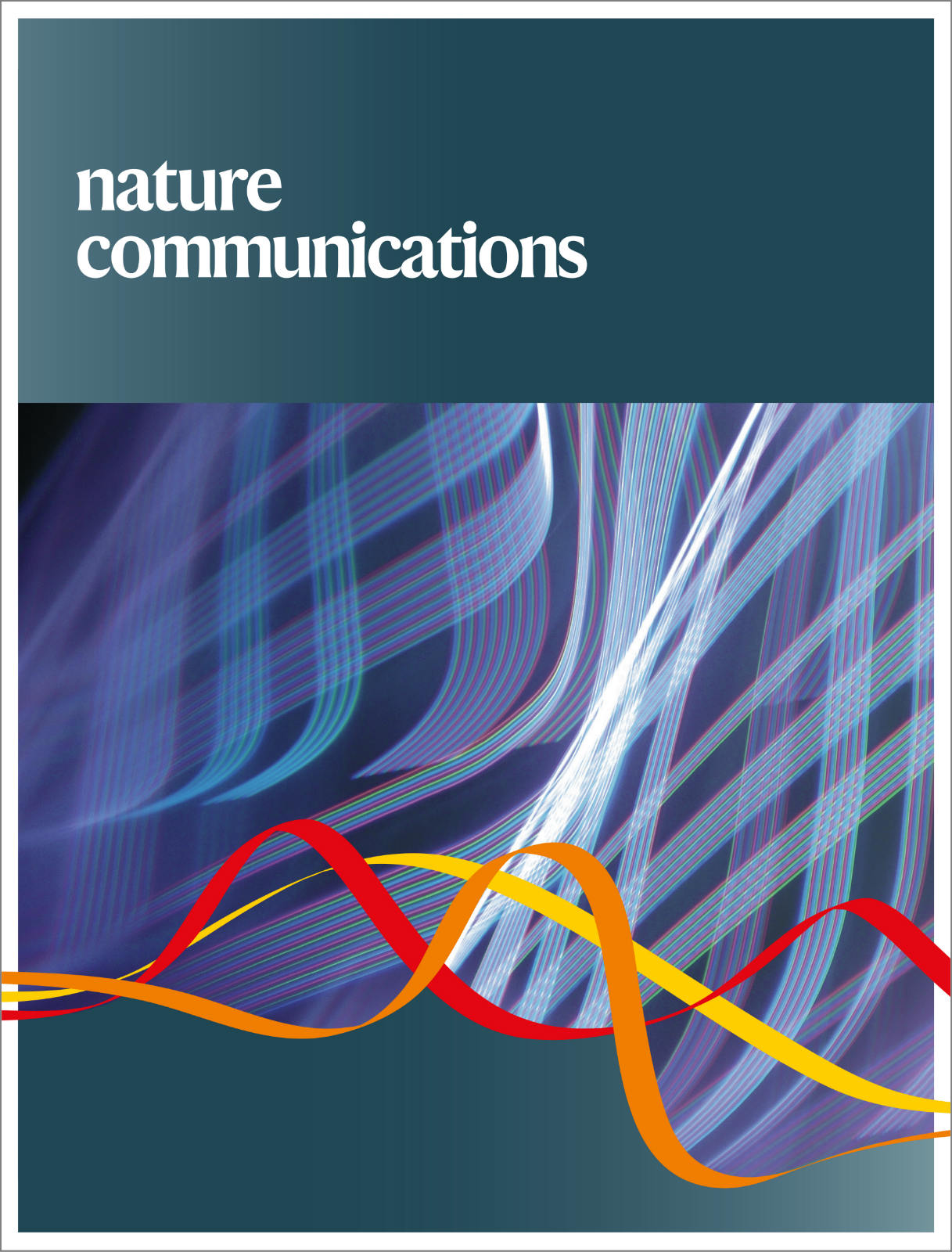父本SARS-CoV-2感染影响精子小非编码rna,并以性别依赖的方式增加后代的焦虑。
IF 15.7
1区 综合性期刊
Q1 MULTIDISCIPLINARY SCIENCES
引用次数: 0
摘要
鉴于SARS-CoV-2病毒和COVID-19大流行是全球数十亿人面临的重大环境挑战,我们研究了父亲在孕前感染SARS-CoV-2是否会影响精子RNA含量,以及代际(F1)和跨代(F2)对后代表型的影响。使用已建立的小鼠适应SARS-CoV-2 (P21)临床前模型,我们将病毒感染成年雄性小鼠,或进行模拟对照感染,并在四周后将其与naïve雌性小鼠繁殖,此时雄性小鼠不再具有传染性。在这里,我们表明受感染的后代表现出更多的焦虑样行为。此外,F1后代的海马有显著的转录组变化。各种精子小非编码rna,包括piwi相互作用rna、转移衍生rna和微小rna,会因父本先前感染SARS-CoV-2而发生不同的改变。将感染SARS-CoV-2的雄性精子中的RNA微量注射到受精的卵母细胞中,导致与自然出生的F1后代相似的表型,这支持了精子RNA有助于父本SARS-CoV-2模型结果的解释。因此,本研究为父本感染SARS-CoV-2影响精子并影响后代表型提供了证据。这些发现具有公共卫生意义,并为进一步研究受COVID-19影响的男性及其后代提供了信息。本文章由计算机程序翻译,如有差异,请以英文原文为准。
Paternal SARS-CoV-2 infection impacts sperm small noncoding RNAs and increases anxiety in offspring in a sex-dependent manner.
Given that the SARS-CoV-2 virus, and the COVID-19 pandemic, constitutes a major environmental challenge faced by billions of people worldwide, we investigated whether paternal pre-conceptual SARS-CoV-2 infection has impacts on sperm RNA content, and intergenerational (F1) and transgenerational (F2) effects on offspring phenotypes. Using an established mouse-adapted SARS-CoV-2 (P21) preclinical model, we infected adult male mice with the virus, or performed a mock control infection, and bred them with naïve female mice four weeks later, when males were no longer infectious. Here we show that offspring of infected sires display increased anxiety-like behaviors. Additionally, the F1 offspring have significant transcriptomic changes in their hippocampus. Various sperm small noncoding RNAs, including PIWI-interacting RNAs, transfer-derived RNAs and microRNAs, are differentially altered by prior paternal SARS-CoV-2 infection. Microinjection of RNA from the sperm of SARS-CoV-2 infected males into fertilized oocytes leads to a phenotype resembling that of the naturally born F1 offspring, supporting the interpretation that sperm RNAs are contributing to the outcomes of our paternal SARS-CoV-2 model. Therefore, this study provides evidence that paternal SARS-CoV-2 infection impacts sperm and affects offspring phenotypes. These findings have public-health implications and inform further research in males affected by COVID-19, and their offspring.
求助全文
通过发布文献求助,成功后即可免费获取论文全文。
去求助
来源期刊

Nature Communications
Biological Science Disciplines-
CiteScore
24.90
自引率
2.40%
发文量
6928
审稿时长
3.7 months
期刊介绍:
Nature Communications, an open-access journal, publishes high-quality research spanning all areas of the natural sciences. Papers featured in the journal showcase significant advances relevant to specialists in each respective field. With a 2-year impact factor of 16.6 (2022) and a median time of 8 days from submission to the first editorial decision, Nature Communications is committed to rapid dissemination of research findings. As a multidisciplinary journal, it welcomes contributions from biological, health, physical, chemical, Earth, social, mathematical, applied, and engineering sciences, aiming to highlight important breakthroughs within each domain.
 求助内容:
求助内容: 应助结果提醒方式:
应助结果提醒方式:


